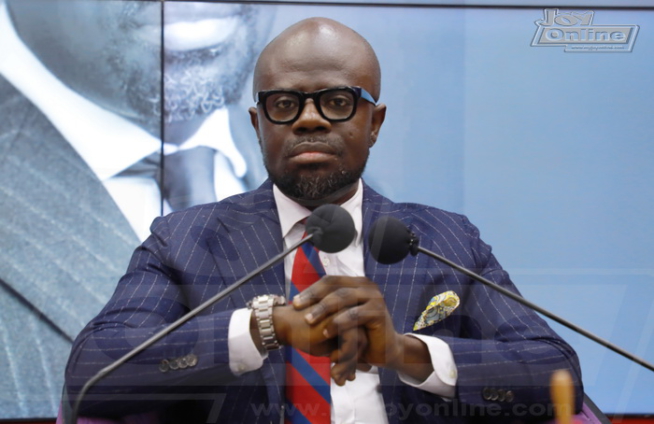adverts
The Dean of the Faculty of Law at the University of Professional Studies, Accra (UPSA), Professor Ernest Kofi Abotsi, has strongly criticised the practice of presidential pardons, declaring that it makes no sense in a modern judicial system.
Speaking on JoyNews on Saturday, January 11, Prof. Abotsi argued that the presidential pardon system, which allows presidents to overturn judicial decisions, undermines the integrity of the judicial process. He asserted that it is an outdated relic that serves no purpose in Ghana’s contemporary legal framework.
“Presidential pardons make no sense in a modern judicial system. They undermine the judiciary and should be reconsidered,” Prof. Abotsi stated. “When people are convicted by the courts, that should be the end of the matter. The president, as a political figure, should not have the power to unilaterally overturn those decisions.”
adverts
Prof. Abotsi traced the origins of the presidential pardon process to monarchies, where kings and queens held ultimate judicial authority.
He questioned the continued relevance of this practice in Ghana, a modern democracy with a constitutional framework that, he believes, should not include such powers.
“I have never really accepted the concept of presidential pardons as part of our Constitution. It has no historical justification in our current system of governance,” he remarked.
The law professor’s comments come in the wake of controversy surrounding former President Nana Akufo-Addo’s decision to grant clemency to convicted banker William Ato Essien, among others. Essien, who was involved in the banking sector crisis, was pardoned despite public outcry over the decision.
Prof. Abotsi acknowledged that pardons are sometimes granted on humanitarian grounds, such as medical conditions.
However, he stressed that these cases must be handled with caution and balanced against the public’s sense of justice.
“The issue with the pardon of individuals like Ato Essien is that it is hard for the public to accept, particularly when the individual’s actions contributed to national crises, such as the banking sector collapse,” he explained.
Another key concern raised by Prof. Abotsi was the politicisation of the pardon process.
He criticised the influence of political considerations in granting pardons, suggesting that such decisions are often made based on political connections rather than genuine humanitarian needs or legal fairness.
“We’ve seen situations where presidents have pardoned individuals who clearly should not have been pardoned. These decisions are often driven by political motives rather than a fair application of justice,” he said.
In light of these issues, Prof. Abotsi called for a reform of the presidential pardon system.
He proposed a more transparent, evidence-based process that depoliticises the decision-making and ensures that it is grounded in principles of justice and fairness.
“The system needs to be revisited. It should be reformed to ensure that it is not used for political gain or to satisfy a few individuals, but rather to serve the public interest and ensure that justice is truly served,” he concluded.


